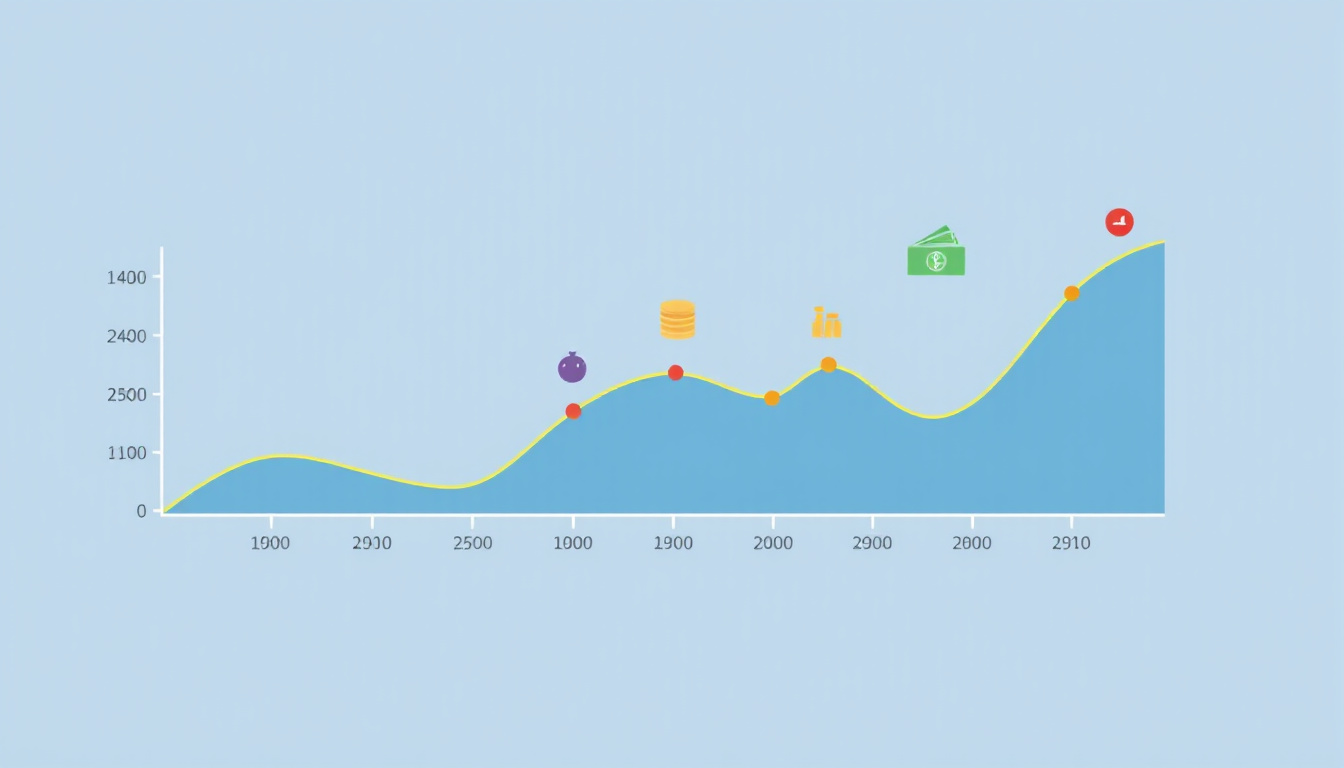Taking control of your finances can feel overwhelming, especially when you’re juggling multiple debts. A consolidation loan may sound like a viable solution, but many Canadians wonder: How much does a consolidation loan really cost? In this article, we will break down the various factors that influence the cost of consolidation loans, compare different types of loans available, and provide a clear method for calculating the total cost over time. By understanding these elements, you can make informed decisions about whether a consolidation loan suits your financial strategy.

Key Takeaways
- The cost of a consolidation loan varies based on interest rates, fees, and loan terms.
- Different types of consolidation loans can have vastly different costs and benefits.
- Understanding your credit score can help you secure better loan terms and lower costs.
- Calculating the total cost of a consolidation loan involves considering both immediate and long-term financial impacts.
- Comparing multiple lenders is crucial to finding the best consolidation loan rates and avoiding unnecessary expenses.
Factors Influencing the Cost of Consolidation Loans
When exploring debt relief options, a common question that arises is, ‘How much does a consolidation loan cost?’ Understanding the factors influencing the cost of consolidation loans is essential for Canadian consumers seeking manageable financial solutions. Interest rates on consolidation loans can vary significantly based on your credit score; typically, individuals with higher credit scores are offered lower interest rates, while those with poorer credit may face higher costs. Additionally, the amount you wish to consolidate plays a critical role; larger sums could lead to higher overall repayment amounts, affecting the monthly payment you commit to. The term length of the loan also impacts costs; while longer terms may lower monthly payments, they often result in paying more interest over time. Lastly, fees associated with setting up the loan, such as origination fees or prepayment penalties, can further influence the total cost. By understanding these factors, Canadians can better evaluate their options and make informed decisions about potential consolidation loans.
Comparing Different Types of Consolidation Loans
When exploring options for managing your debt, many Canadians wonder, ‘How much does a consolidation loan cost?’ Understanding the costs involved in consolidation loans is crucial for making informed financial decisions. Typically, a consolidation loan allows you to combine multiple debts into a single loan, often with a lower interest rate, which can save you money in the long run. The costs associated with consolidation loans can vary based on factors such as the type of loan, your credit score, and the lender’s fees. For example, a personal loan from a bank might come with an interest rate ranging from 6% to 36%, depending on your creditworthiness, while a home equity loan might offer lower rates but involve your property as collateral. It’s also important to consider any origination fees or prepayment penalties that may apply. In summary, when asking ‘How much does a consolidation loan cost?’, it’s vital to evaluate the overall financial picture, including interest rates and associated fees, to ensure it aligns with your debt management strategy.
‘The price of anything is the amount of life you exchange for it.’ – Henry David Thoreau

Calculating the Total Cost Over Time
When considering a consolidation loan, it’s crucial to understand how much does a consolidation loan cost? The total cost will depend on several factors including the interest rate, loan term, and any additional fees. Typically, consolidation loans can simplify your finances by merging multiple debts into a single monthly payment; however, failing to assess the total cost over time can lead to unexpected consequences. To calculate the overall expense, first, look at the interest rate provided by the lender and compare it to your current debts. If you secure a lower interest rate than your existing debts, you could save money. Next, consider the loan term; longer terms usually mean smaller payments but higher overall interest costs. Additionally, be mindful of any upfront fees or closing costs associated with the loan. By understanding these elements, you can better gauge the total cost of a consolidation loan and make an informed decision that supports your long-term financial health.
